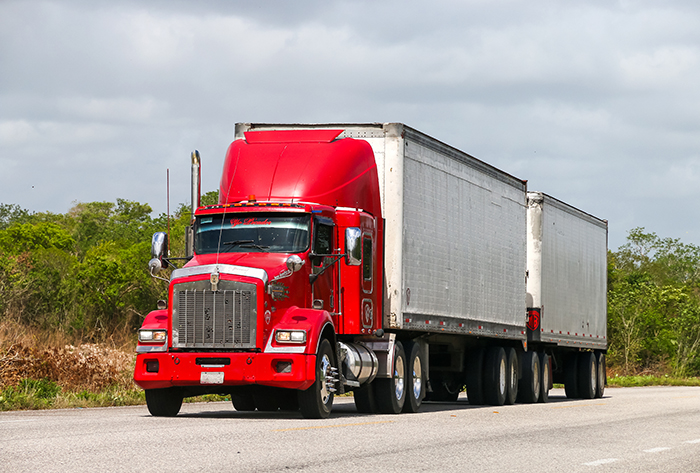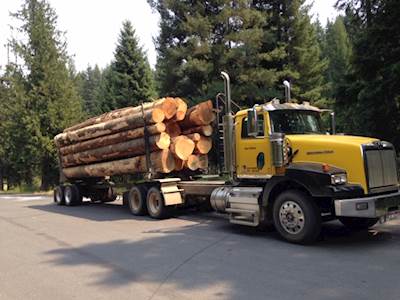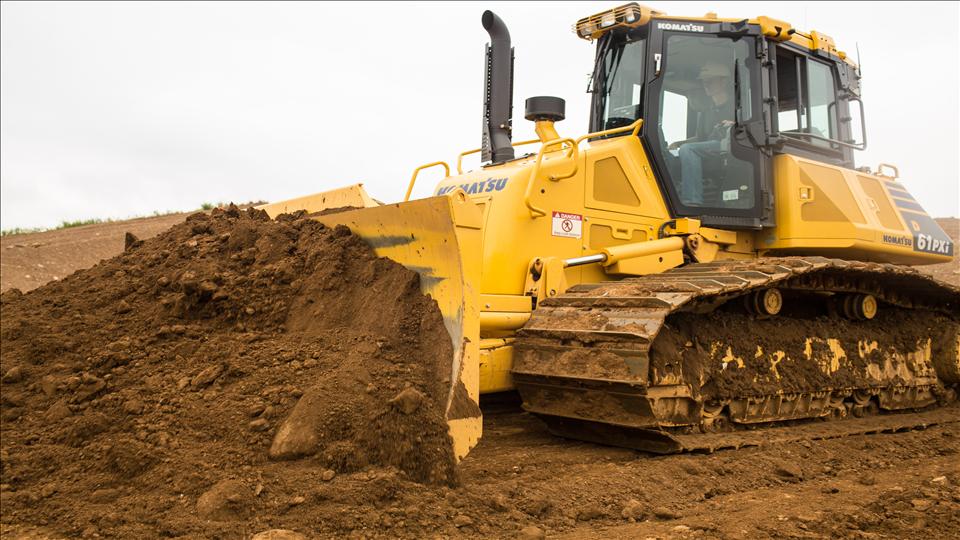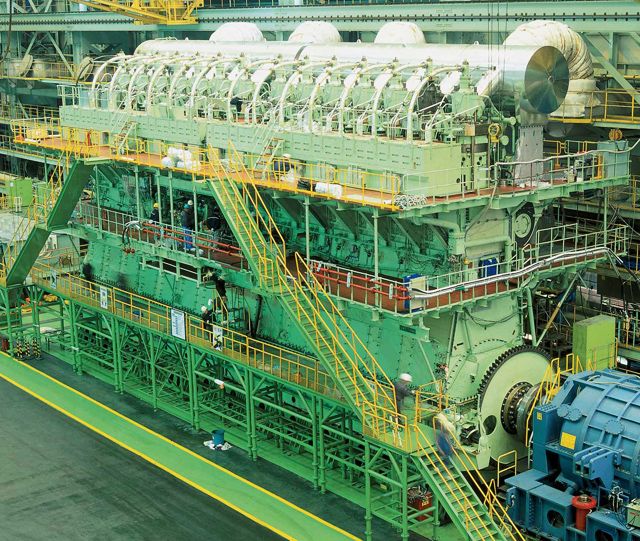I know it is a prototype ya fetid Scot, that is why I said it would be interesting to see if it i used in production. Also, what will the ultimate cost be for this, and a cheapskate like you should be thinking that too. It can be the most efficient thing we have ever seen in a fuel powered engine. But if it ups the cost of a truck by $10,000 (example so don't get yer undies in.a bunch) will it ever be used.
There is no risk of me having bunched up undies.
Anyway, it's around a $10K option to upgrade a pickup truck
from gasoline to diesel. Not worth it for me, given the few
miles I put on per year (well under 10K miles per year).
And the Wankel, on paper was suppose t be great, the reality was a bit different.
On paper, it was clear that fuel economy would be poor
because of the shape of the combustion chamber. This
was known to all. Also, sealing was a very difficult problem,
much more so than piston rings in a cylinder.
Btw, I have a Dake steam engine, which uses a rectangular
piston. They're not efficient, but they're simple & compact,
so good for intermittent power, eg, cranes, steering.
Admittedly this engine makes since due to the high compression combustion system, but one must also consider its durability. how long will it run without issue. Diesel engines are not known to be weak, they are also known to be pretty beefy, but make them smaller, to save on weight, with this design, how long will it run. I am hoping long, it looks good, but it is not in production
Bear (haha) in mind that at a given RPM, piston speed is
about half of a conventional engine. And there is no valve
train or cylinder head. So there are those advantages.





